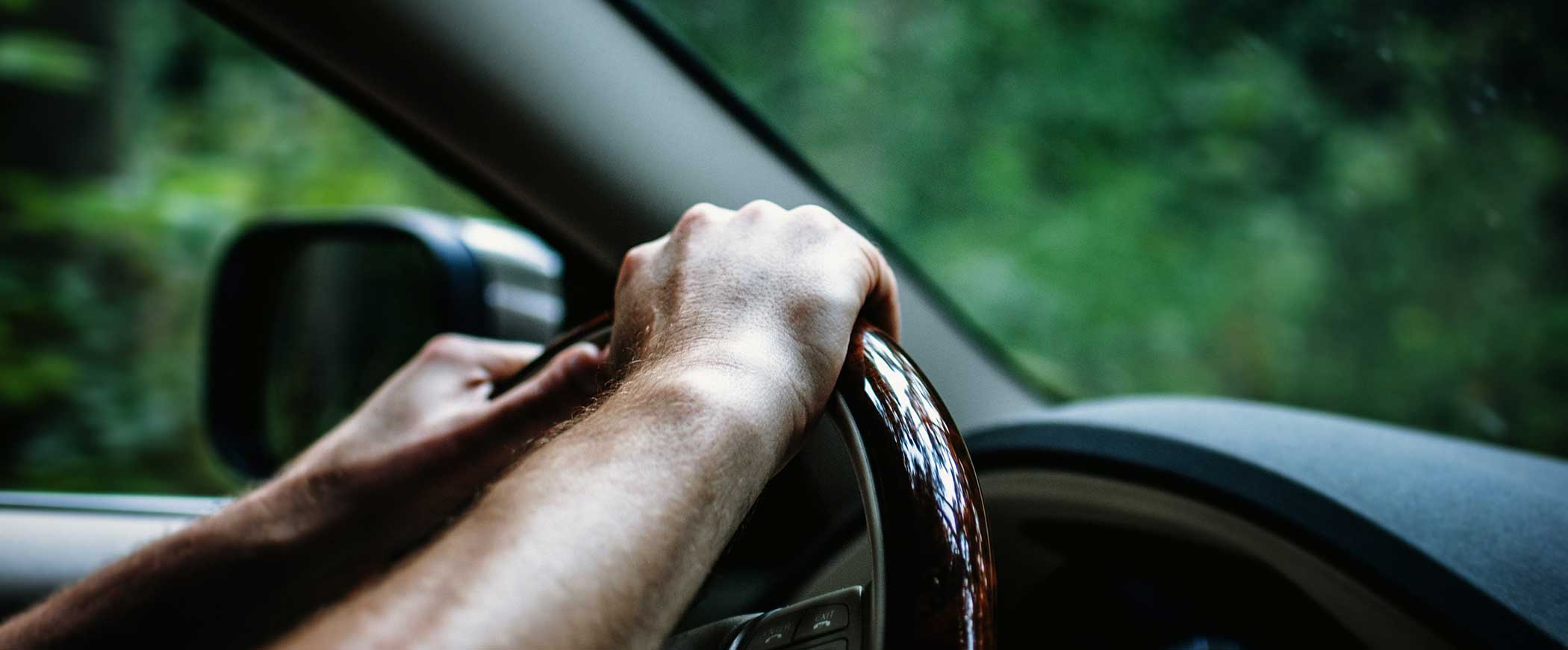Driving Offences
Driving is an important privilege in Canada. Failing to follow the rules of the road can result in traffic tickets. But there are also many criminal offences in Canada that relate to the operation of motor vehicles. These offences can result in criminal charges and penalties, including fines, probation, imprisonment, and the suspension or revocation of a driver’s license.
Some of the key driving offences in Canada include:
Impaired Operation (Section 320.14):
Impaired operation refers to operating a motor vehicle while under the influence of alcohol or drugs. This operation does not need to include driving; one can be charged for being impaired while in “care or control” of a motor vehicle, which may involve sitting in the driver’s seat with the key in the ignition. It is prohibited to have a blood alcohol concentration of 80 mg of alcohol per 100 mL of blood, and higher fines automatically result when someone is charged with driving while having a very high blood alcohol concentration (BAC). Those with recent convictions for impaired operation, 80 Plus, or Fail to Provide a Breath Sample can be subject to enhanced punishment requiring minimum jail terms.
Dangerous Driving (Section 320.13):
Dangerous driving involves operating a motor vehicle in a manner that endangers the lives or safety of others. This offence can include and be charged alongside other actions, such as street racing, speeding, or reckless driving. This charge can arise even if no injuries occur as a result of the dangerous driving.
Failure to Stop After an Accident (Section 320.16):
If a person is involved in a motor vehicle accident and fails to stop, provide information, or render assistance, it can result in criminal charges, especially if there are injuries or fatalities.
Criminal Negligence (Section 220):
Criminal negligence related to driving occurs when a person’s careless or reckless behaviour while operating a motor vehicle leads to death or bodily harm. This can include actions such as texting while driving or other forms of distracted driving.
Driving While Disqualified (Section 259):
Driving while disqualified refers to operating a motor vehicle while your driver’s license is suspended or revoked.
Failure to Provide a Breath Sample (Section 254(5)):
If a person refuses to provide a breath sample when lawfully requested by a police officer, it can result in criminal charges, especially if the request is related to a suspected impaired driving incident.
Fleeing from Police (Section 320.17):
You can be criminally charged for attempting to evade a police officer during a traffic stop or while being pursued is a criminal offence.
Highway Traffic Act Offences:
Speeding, street racing, stunt driving, careless driving, texting while driving, or making unsafe lane changes or turns are all examples of acts that can result in charges under the Highway Traffic Act. While Highway Traffic Act offences are not criminal offences, they are provincial offences that can be charged in addition to criminal driving offences.
Penalties for criminal driving offences can vary depending on the specific circumstances, prior convictions, and the seriousness of the offence charged. It’s important to note that provincial and territorial traffic laws also exist, and they may impose additional sanctions, such as fines and license suspensions, for certain driving infractions. If you have been charged with a criminal driving offence in Canada, seeking the assistance of an experienced criminal defence lawyer is essential to protect your rights and navigate the legal process effectively. Let the lawyers at Cooper Lord Law help to defend you.

